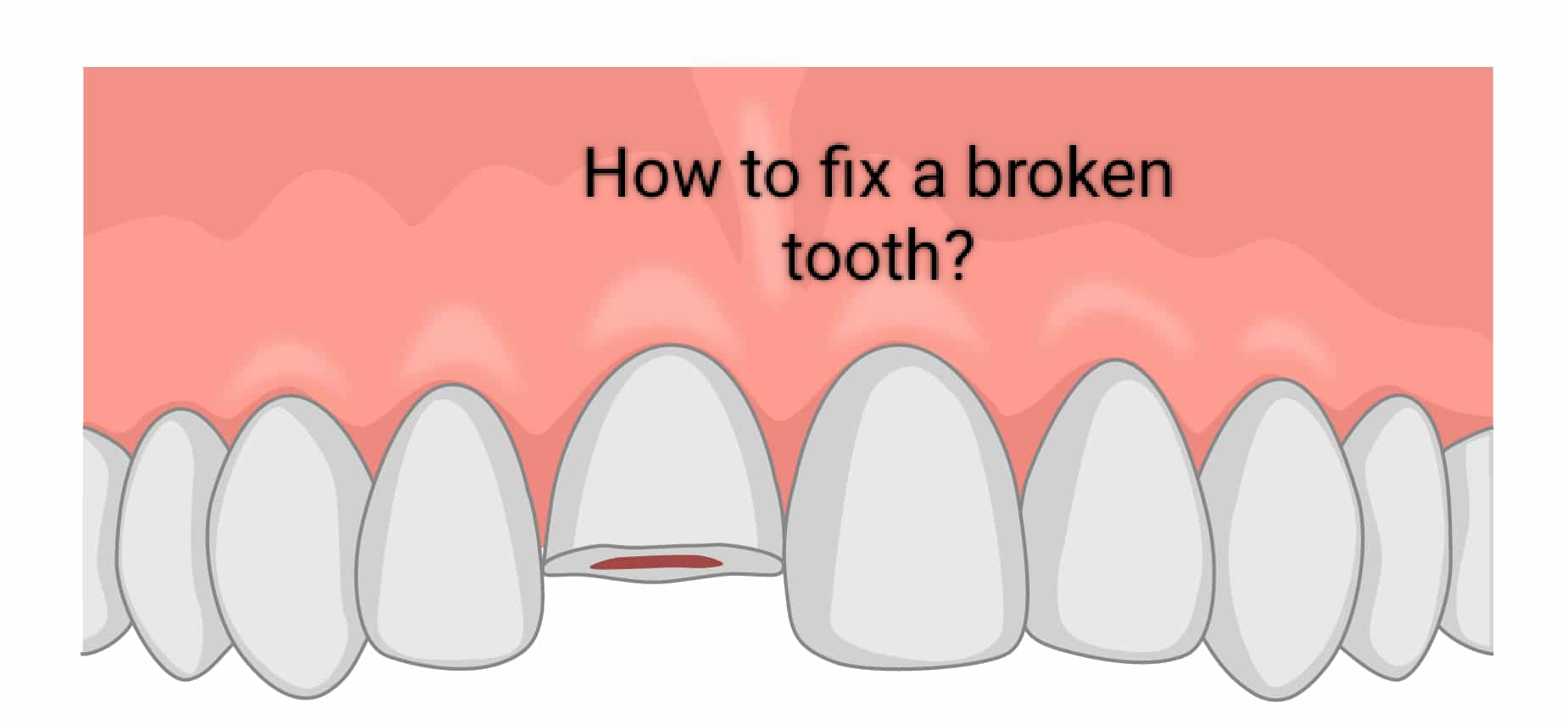After dental surgery, it is essential to follow special precautions to promote healing and avoid complications. One of the most important things to consider is your diet. You should avoid hard, crunchy, spicy, and acidic foods that can irritate the wound and cause pain. Instead, you should opt for soft, gentle foods that won’t disturb the healing process.
Here are 50 soft foods to eat after dental surgery:
1. Mashed potatoes
2. Applesauce
3. Cottage cheese
4. Scrambled eggs
5. Banana
6. Smoothies
7. Pudding
8. Gelatin
9. Oatmeal
10. Soup
11. Fruit juice
12. Yogurt
13. Hummus
14. Avocado
15. Mashed sweet potato
16. Egg salad
17. Soft tofu
18. Mac and cheese
19. Cooked vegetables
20. Steamed fish
21. Lentil soup
22. Cream of wheat
23. Porridge
24. Broth
25. Grits
26. Pureed vegetables
27. Peanut butter
28. Soft bread
29. Ricotta cheese
30. Cream cheese
31. Smooth peanut butter
32. Mashed pumpkin
33. Baked beans
34. Mashed carrots
35. Soft-cooked fruits such as pears or peaches
36. Cooked and pureed beans
37. Sliced and mashed avocado on soft bread
38. Mashed cauliflower or broccoli
39. Rice pudding
40. Soft-cooked pasta
41. Cheese omelet
42. Soft-cooked vegetables
43. Soft-cooked lentils
44. Homemade applesauce
45. Mashed butternut squash
46. Mashed turnips or rutabaga
47. Pureed cooked meats such as chicken or beef
48. Cream of chicken soup
49. Cream of mushroom soup
50. Mashed pumpkin or squash
Precautions to Consider After Dental Surgery
In addition to a soft food diet, here are some other precautions to consider after dental surgery:
1. Avoid chewing gum or using tobacco products as it may delay healing and can increase the risk of infection.
2. Avoid using straws as it can cause the blood clot to dislodge and lead to dry socket.
3. Avoid consuming hot, spicy, or acidic foods and drinks as they can cause pain and irritate the wound.
4. Take any prescribed pain medication on schedule to help manage pain.
5. Use a soft-bristled toothbrush and toothpaste that is recommended by your dentist.
6. Do not rinse your mouth vigorously, as it may dislodge the blood clot.
7. Avoid strenuous activities and rest as much as possible to facilitate healing.
8. Follow all the instructions given by your dentist regarding wound care, medication, and follow-up appointments.

Conclusion
After dental surgery, it’s important to take special precautions to promote healing and avoid complications. Following a soft food diet is essential for ensuring that you don’t disturb the wound during the healing process. In addition to a soft food diet, you must also follow the other precautions to prevent complications and ensure a smooth recovery. Remember to consult your dentist or healthcare professional if you notice any signs of complications such as excessive pain, swelling, or bleeding.





